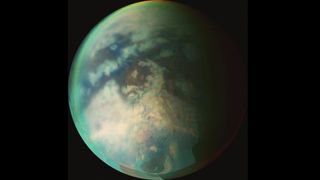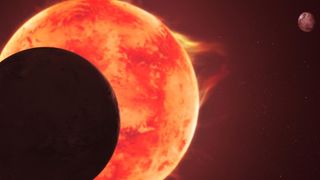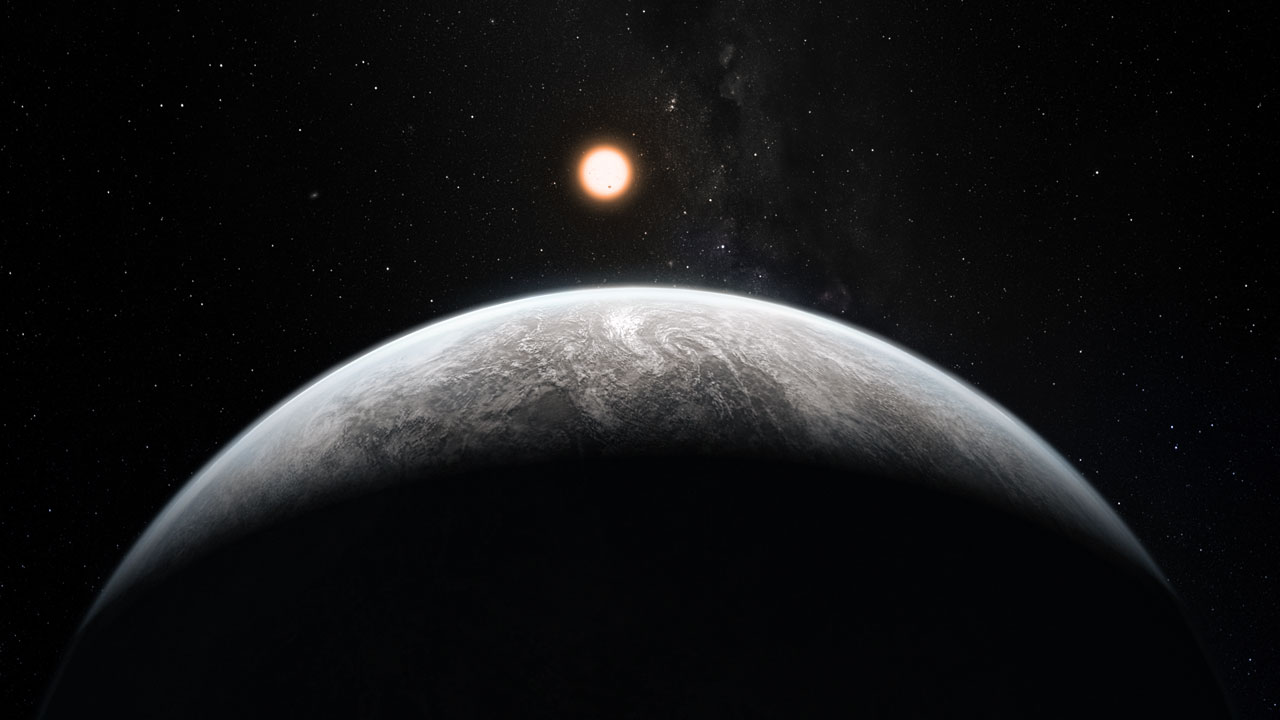Search for Life
Latest about Search for Life

Can we use bees as a model of intelligent alien life to develop interstellar communication?
By Andrew Greentree, Adrian Dyer, Scarlett Howard published
We frequently question whether we are alone in the universe.

Astronomers searching for alien life are sharpening our cosmic clocks. Here's why
By Sharmila Kuthunur published
Tiny delays in pulsar signals measured by SETI scientists could aid the search for gravitational waves and extraterrestrial life.

This SETI program is chasing down its final 100 signals. Could one of them be from aliens?
By Keith Cooper published
SETI@home has been one of the largest citizen science projects ever, with millions of users around the world.

NASA funds new tech for upcoming 'Super Hubble' to search for alien life: 'We intend to move with urgency'
By Josh Dinner published
The observatory will combine tech from NASA's most powerful space telescopes.
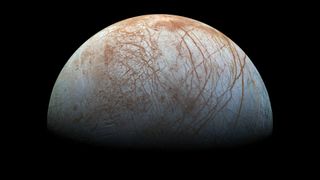
Jupiter ocean moon Europa likely lacks tectonic activity, reducing its chances for life
By Keith Cooper published
New models suggest that Europa has very little tectonic activity at its seafloor, which is potentially catastrophic news for the hopes of finding alien life within its ocean.
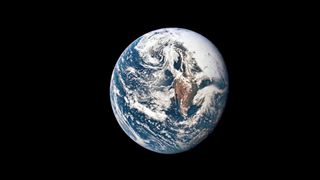
How did life begin on Earth? New experiments support 'RNA world' hypothesis
By Keith Cooper published
The new findings strengthen the "RNA world" hypothesis that describes how the first life on Earth could have used RNA instead of DNA.
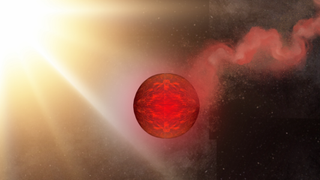
Can scientists detect life without knowing what it looks like? Research using machine learning offers a new way
By Amirali Aghazadeh published
If nonliving materials can produce rich, organized mixtures of organic molecules, then the traditional signs we use to recognize biology may no longer be enough.

We didn't find answers in 2025, but UFO researchers say the search continues
By Leonard David published
"Science doesn't always go as planned. In any case, there's a lot of work to be done."
Breaking space news, the latest updates on rocket launches, skywatching events and more!
